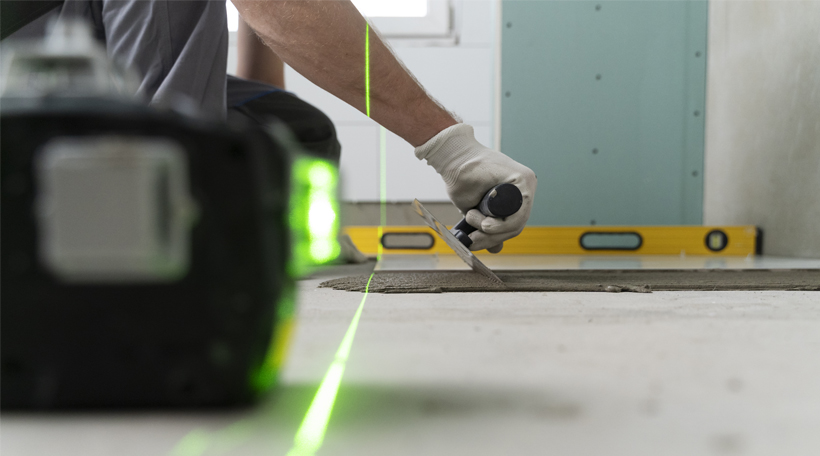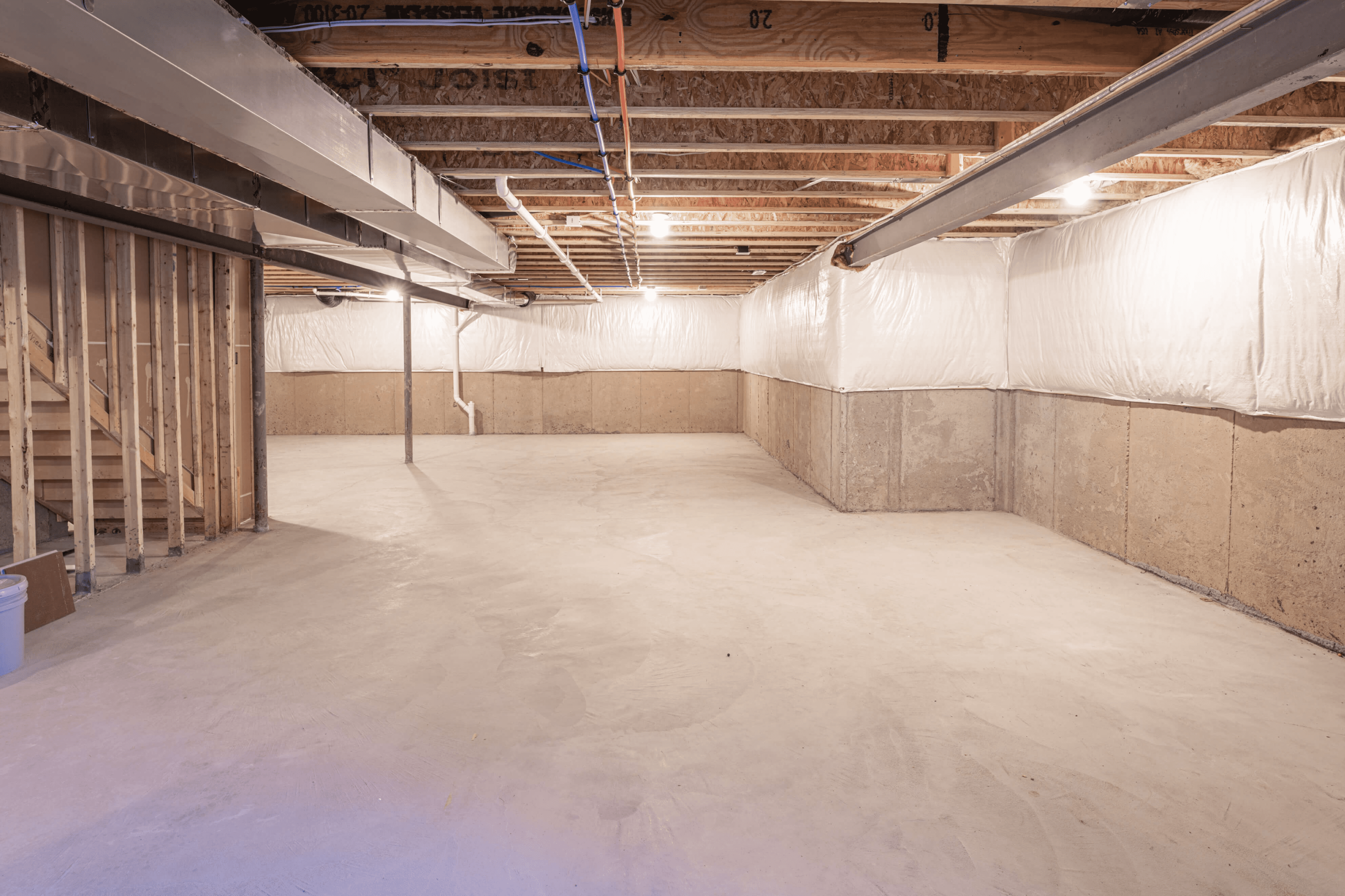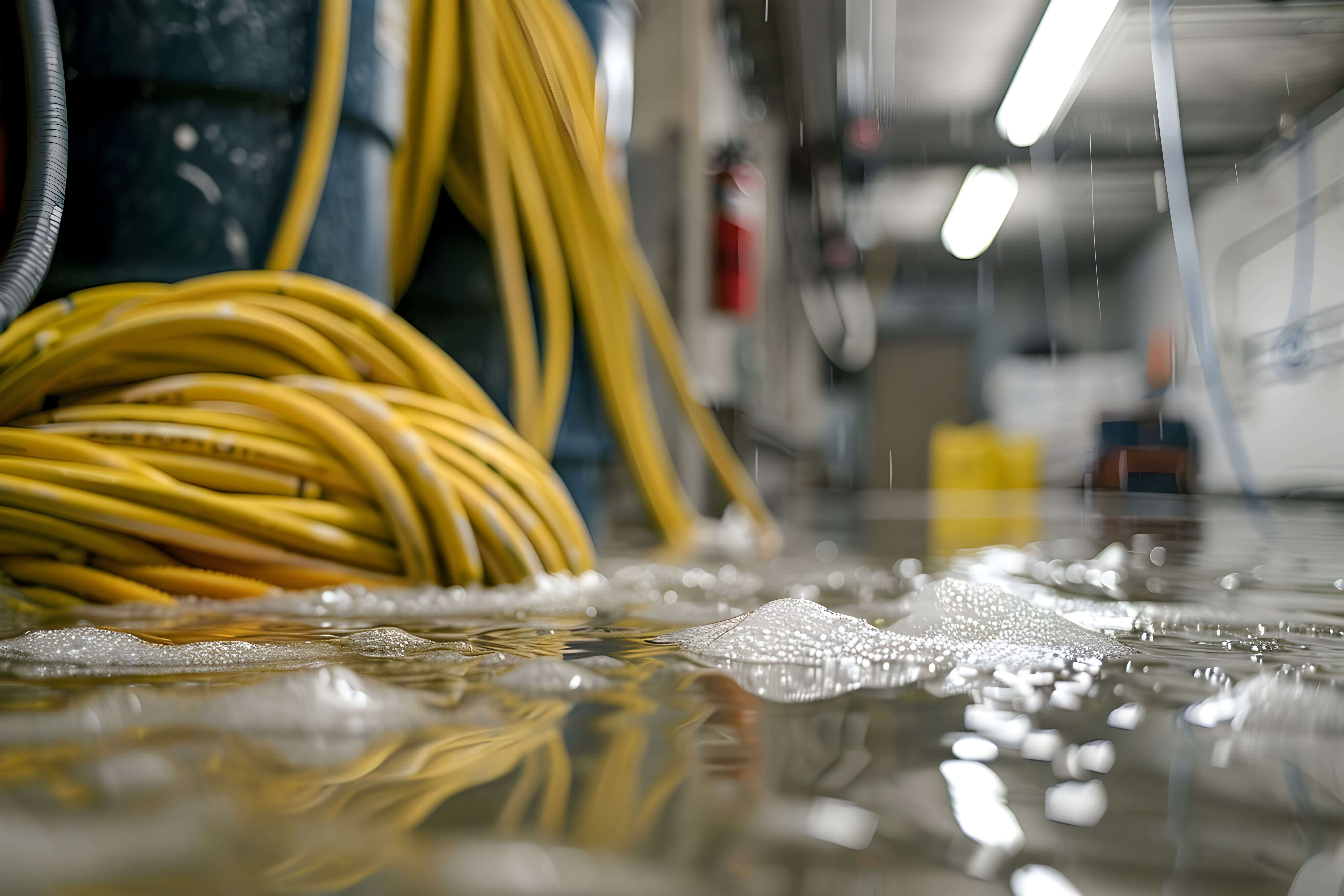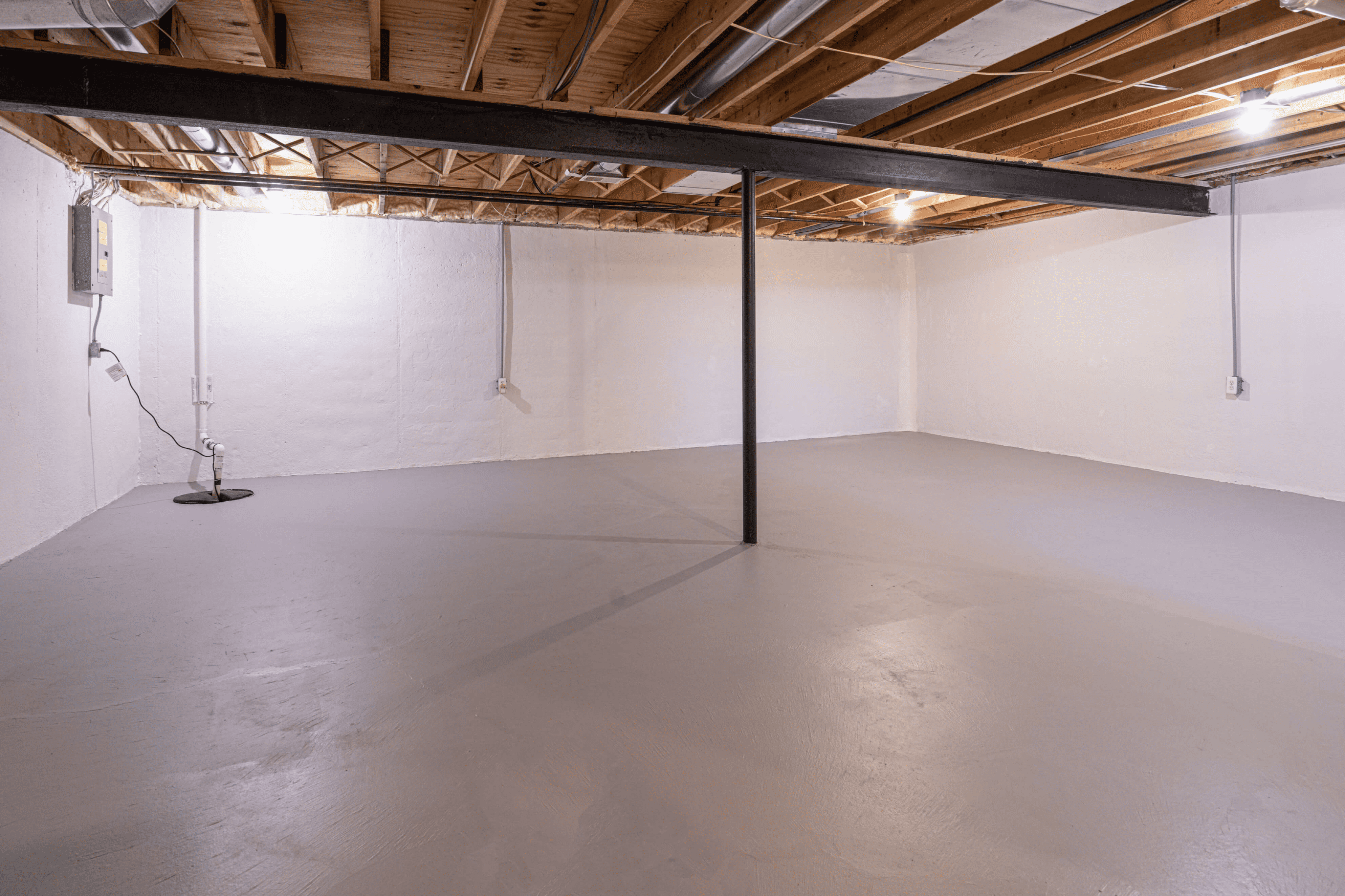Basement waterproofing might seem like an upfront expense, but it’s a wise investment that can save you significant money in the long run. By preventing water infiltration, you avoid costly repairs associated with water damage, mold remediation, and structural issues.
Prevents Structural Damage
Water seeping into your basement can cause extensive damage to the foundation of your home. Over time, this can lead to cracks, weakened structures, and the need for expensive repairs. Basement waterproofing helps maintain the integrity of your foundation, saving you from costly fixes down the road.
Reduces Mold and Mildew Growth
Damp environments are perfect breeding grounds for mold and mildew, which can pose serious health risks and necessitate professional mold removal services. Waterproofing your basement keeps it dry and mold-free, reducing potential healthcare costs and ensuring a healthy living environment.
Increases Property Value
A waterproofed basement is a valuable asset that can increase your home’s resale value. Potential buyers are more likely to invest in a property that doesn’t require immediate waterproofing or repairs, giving you a higher return on your investment.
Lowers Energy Bills
A damp basement can increase your heating and cooling costs. Moisture in the basement makes it harder to maintain a consistent temperature throughout your home. Waterproofing your basement can improve energy efficiency, leading to lower utility bills.
Prevents Loss of Personal Belongings
Basement flooding can destroy personal belongings stored in the basement, leading to costly replacements. Waterproofing your basement protects your possessions from water damage, saving you money on replacements and repairs.
Avoids Emergency Costs
Basement waterproofing helps you avoid unexpected emergency costs associated with flooding. Emergency drain cleaning services, sump pump installations, and water damage restoration can be expensive. Waterproofing your basement reduces the likelihood of needing these emergency services.
Investing in basement waterproofing is a smart financial decision that offers numerous long-term benefits. By protecting your home from water damage, you save money, enhance your property’s value, and enjoy a healthier living environment.
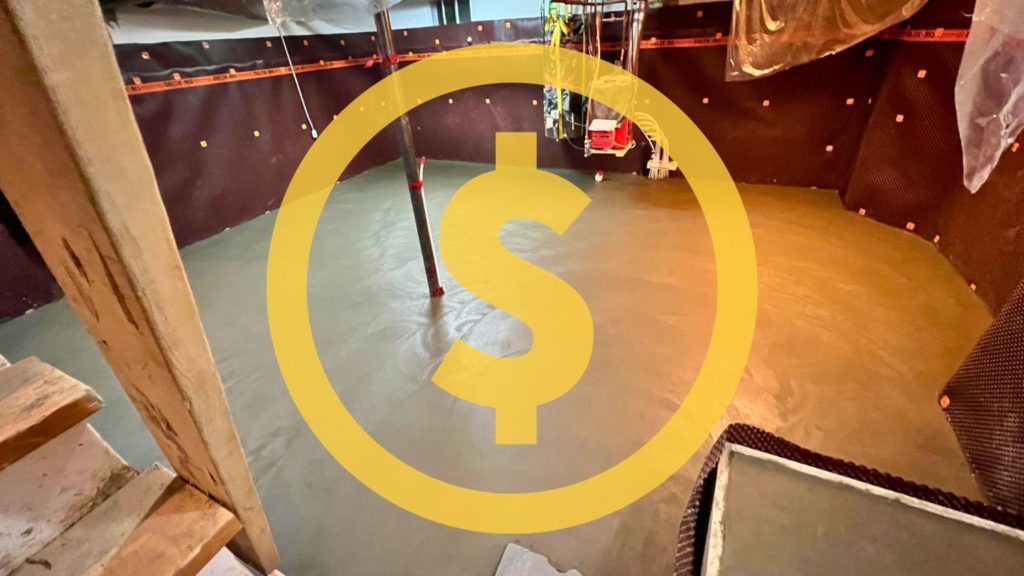
Understanding Permit Requirements
for Basement Waterproofing
Understanding Local Regulations
When planning to waterproof your basement, it’s essential to understand the local regulations and whether you need a permit. Building codes vary by location, so it’s critical to check with your local municipality.
Interior vs. Exterior Waterproofing
The type of waterproofing you choose can impact the permit requirements. Interior basement waterproofing generally doesn’t require a permit since it involves work inside your home. However, exterior waterproofing often involves excavation and significant alterations to your property, which typically require a permit.

